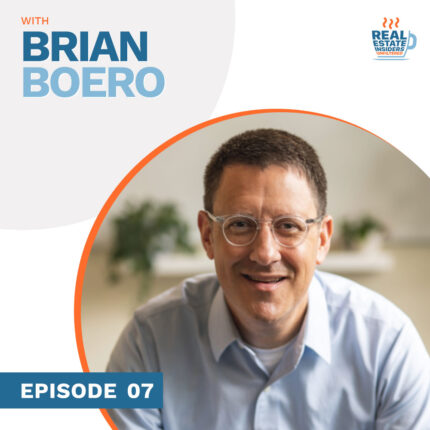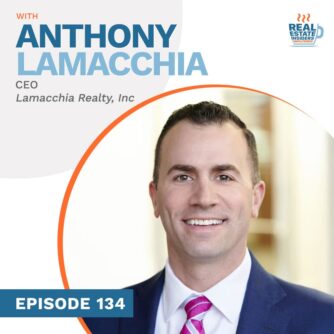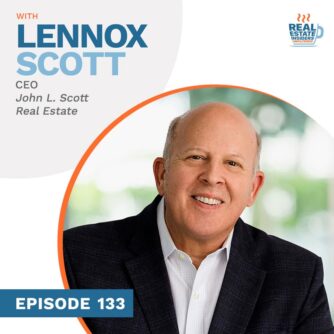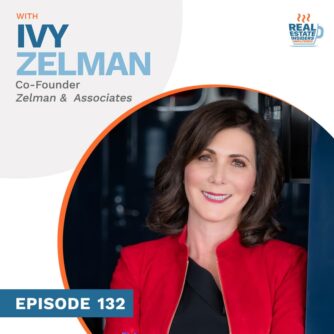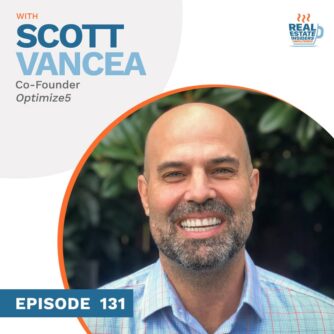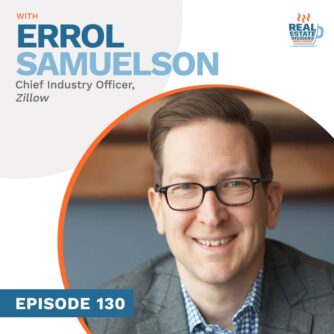In a recent episode of the Real Estate Insiders Unfiltered podcast, industry veterans James Dwiggins and Keith Robinson delve into thought-provoking discussions with their esteemed guest, Brian Boero from Thousand Watt Consulting. The insightful dialogues capture a kaleidoscope of topics, ranging from branding dynamics to the nitty-gritty of the Department of Justice lawsuits and an intriguing exploration of real estate in overseas markets.
With Thousand Watt Consulting’s monumental role in rebranding significant real estate brands like Berkshire Hathaway, Brian shared valuable insights.
He explains how a brand is an amalgamation of various components like texture, color, type, and the logo serves as the capstone of this structure. He further emphasizes the massive endeavor that the refresh was, as the task involved harmonizing the brand appeal in different markets, accommodating diverse cultures, agents, franchisees, and the public image.
The branding project wasn’t a short sprint but more of a marathon that lasted several months. It entailed minute details, from testing colors to evaluating how they appear on a screen versus their real-world representation. The feedback involved continuous interactions with agents and franchisees worldwide, underscoring the diversity of opinions they had to navigate.
When it came to the push and pull between agents considering themselves as the brand and the brand’s own identity, Brian had an intriguing solution. The concept of ‘carrots, not sticks’ defined this approach. He stressed the need to create something that agents want to be a part of, something that makes them feel and look good. He cited Compass as a prime example of a brand that successfully attracted agents due to its appealing identity.
In a fascinating detour, James inquires about Brian’s recent house purchase in Italy, provoking a comparison between real estate practices in Italy and the U.S. Boero’s overseas experience reflected the similarities in the agents’ roles but marked differences in processes. The absence of tied commissions, MLS, and the heavy reliance on paperwork stood out in Italy. However, Brian found the experience efficient despite these differences, dismissing the fears surrounding the possible future of U.S. market real estate.
In essence, the podcast episode was a rich, unfiltered conversation that offered unique perspectives on the current and future dynamics of real estate, both domestically and globally. This trove of insights proves indispensable for anyone navigating the evolving landscape of the industry.


